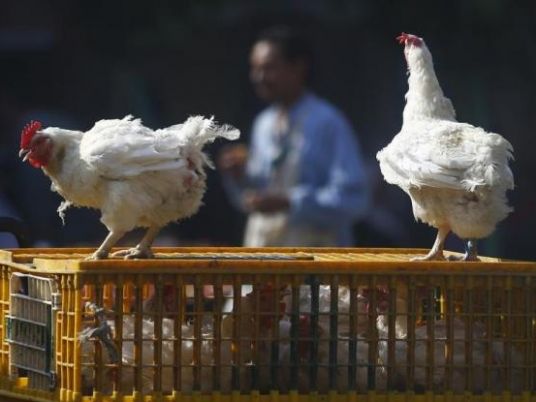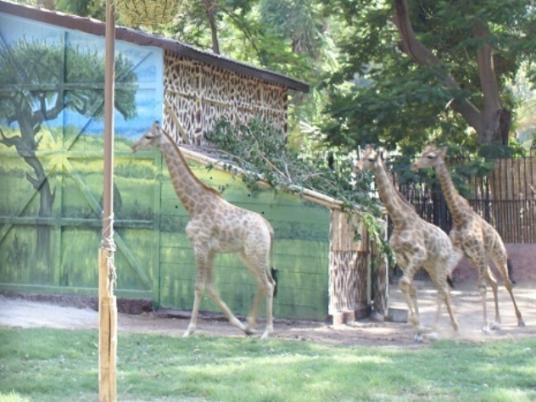A rare and often unheard of demographic, Egypt’s vegetarians — the author included — are generally not so keen to announce their, indeed, “perplexing” dietary inclinations.
Not unless we’re cornered, that is. And there’s no better time to be cornered as a vegetarian in Egypt than during Eid.
“Don’t you like the meat?” the hurt-looking aunt will invariably ask the closet vegetarian during the annual Eid banquet-style family dinner. It’s an inescapably lose-lose situation. The options are one of two: you either lie and claim you already had some, or aren’t feeling well, and later feel guilty about not having the backbone to stand up for your beliefs; or you courageously step out of the closet and endure the raised eyebrows and stares piercing through you, as a distant crickets chirp in the deadly silence that follows your truth-telling.
Unfortunately, even the latter option is futile. “Now I just say I’m too full when my relatives ask why I’m not eating the meat,” says vegetarian Egyptian Taha Belal, “Even though I told them I don’t eat meat a hundred times.”
It’s true: admitting that you are a vegetarian is one thing, but getting others to register your identity as such is another matter altogether. Some of this writer’s closest friends continue to innocently suggest meat-based pizza toppings despite ten years of his being openly vegetarian.
What is even more disturbing, however, is that being vegetarian in this society can actually ruin the few occasions of family reunions. Many vegetarians avoid the celebrations during Eid because meat is in the heart of those gatherings, even for breakfast.
Another disturbing scene is that of carcasses hanging all over the place, the stench is everywhere, and blood runs in the streets. Indeed, even the most hearty meat-eater may admit that there is something awry with how the Eid-induced slaughtering of sheep in busy Cairo is conducted. “It’s almost like the entire city tenses up with all those thousands of sheep simultaneously dreading their bloody doom,” says Belal.
Though the sheep may be doomed, vegetarians should not share the sentiment. Already there are some out there deeply troubled by having to disappoint their families yet again this Eid through claiming they’re "too full” in order to avoid eating flesh, and others still who are anxious about having to endure being poked and jeered at by relatives for their weirdness.
If you’re among them, relax! Here’s what you need to do: DO NOT attempt to give the “animal rights” speech – you might be able to get away with it if you are a woman, though you will be labeled “naïve,” but if you are male, then the “poor animals’ suffering” argument will most likely only serve to put your masculinity, and even sexual orientation, into doubt in the eyes of others (sad, but true!).
Instead, point out that with global warming becoming possibly one of the most threatening issues ever to face humanity, being a vegetarian is actually the best thing you can do to help the environment. It’s true! In 2006, the United Nations issued a report showing that livestock production — that is, feeding animals, slaughtering them, and transporting the meat — is responsible for more carbon emissions than all motor vehicles in the world – in fact, it’s behind 18% of all human-induced greenhouse gas emissions.
And, if they still don’t get it, you can then at least self-righteously point out that now it’s not you who’s being “weird,” but it’s they who just don’t care about the planet.




